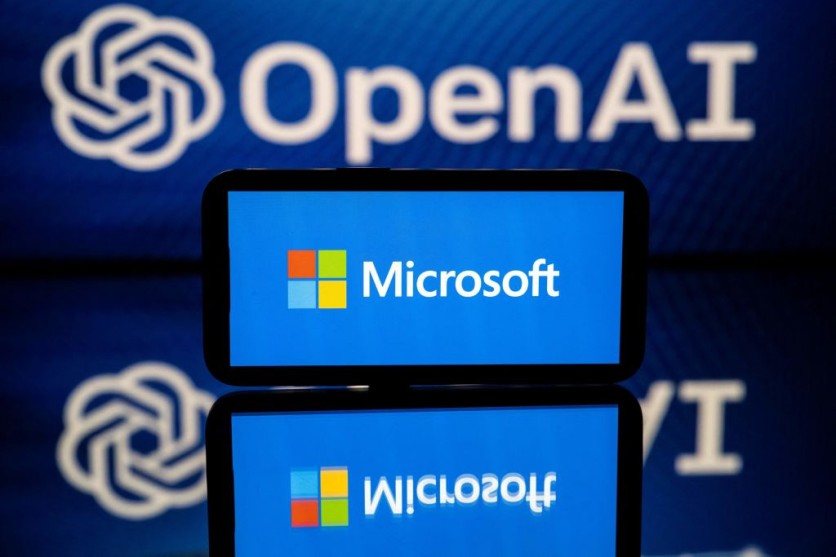In today's digital world, the intersection of creativity, ownership, and technology is central to a major legal dispute. The Center for Investigative Reporting (CIR) has filed a lawsuit against tech giants OpenAI and Microsoft. This case raises important questions about intellectual property rights in an era where AI is rapidly evolves alongside traditional copyright laws.
CIR's Lawsuit Against OpenAI and Microsoft
The Center for Investigative Reporting (CIR), which operates Mother Jones and Reveal, has filed a lawsuit against OpenAI and Microsoft for alleged copyright infringement. Following similar suits by other media entities, this legal action accuses the tech giants of using CIR's stories without permission or compensation to enhance their products.

Monika Bauerlein, CEO of the Center for Investigative Reporting, emphasized that while other organizations typically license their content, OpenAI and Microsoft allegedly used CIR's work without authorization, describing this as unfair and a clear violation of copyright law.
In the lawsuit, CIR's legal team claims that OpenAI and Microsoft replicated its content, damaging relationships with readers and partners and causing financial losses. CIR is among several entities taking legal action against OpenAI and Microsoft.
Artificial intelligence products gain greater value by incorporating diverse viewpoints and harnessing human creativity across a wide spectrum. The Center for Investigative Reporting consistently centers its journalism on exposing abuses of power and advocating for social justice, distinguishing its content as uniquely valuable.
The legal action centers on OpenAI's breaches of the Copyright Act and the Digital Millennium Copyright Act, filed in the U.S. District Court for the Southern District of New York. Mother Jones magazine, established in 1976, holds copyright over each issue's content. Meanwhile, CIR has been publishing online since 1993, with its radio program, Reveal, debuting in 2013.
Legal Battles, Financial Investments
The New York Times has already invested $1 million in its legal battle against the tech giants. Other plaintiffs include a consortium of eight publications owned by hedge fund Alden Global Capital, such as the New York Daily News and Chicago Tribune, The Intercept, Raw Story, AlterNet, and The Denver Post.
Groups of writers have also taken legal action against OpenAI, with a lawsuit involving comedian Sarah Silverman being partly dismissed. Several media companies have entered into agreements with OpenAI, including The Associated Press, Axel Springer, the Financial Times, Dotdash Meredith, News Corp, Vox Media (parent company of The Verge), The Atlantic, and Time.
An OpenAI spokesperson mentioned collaborating with the news industry and partnering with global news publishers to feature their content in products like ChatGPT. This involves presenting summaries, quotes, and attributions to direct traffic back to the original articles.
The recently filed lawsuit is significant in the ongoing discussion about digital content and intellectual property rights. It underscores the importance of protecting journalistic integrity and creative works from unauthorized use in the age of artificial intelligence.
The outcome of this legal action might influence how media and technology companies interact in the future, establishing standards for respecting and valuing intellectual property in an increasingly AI-driven landscape.





